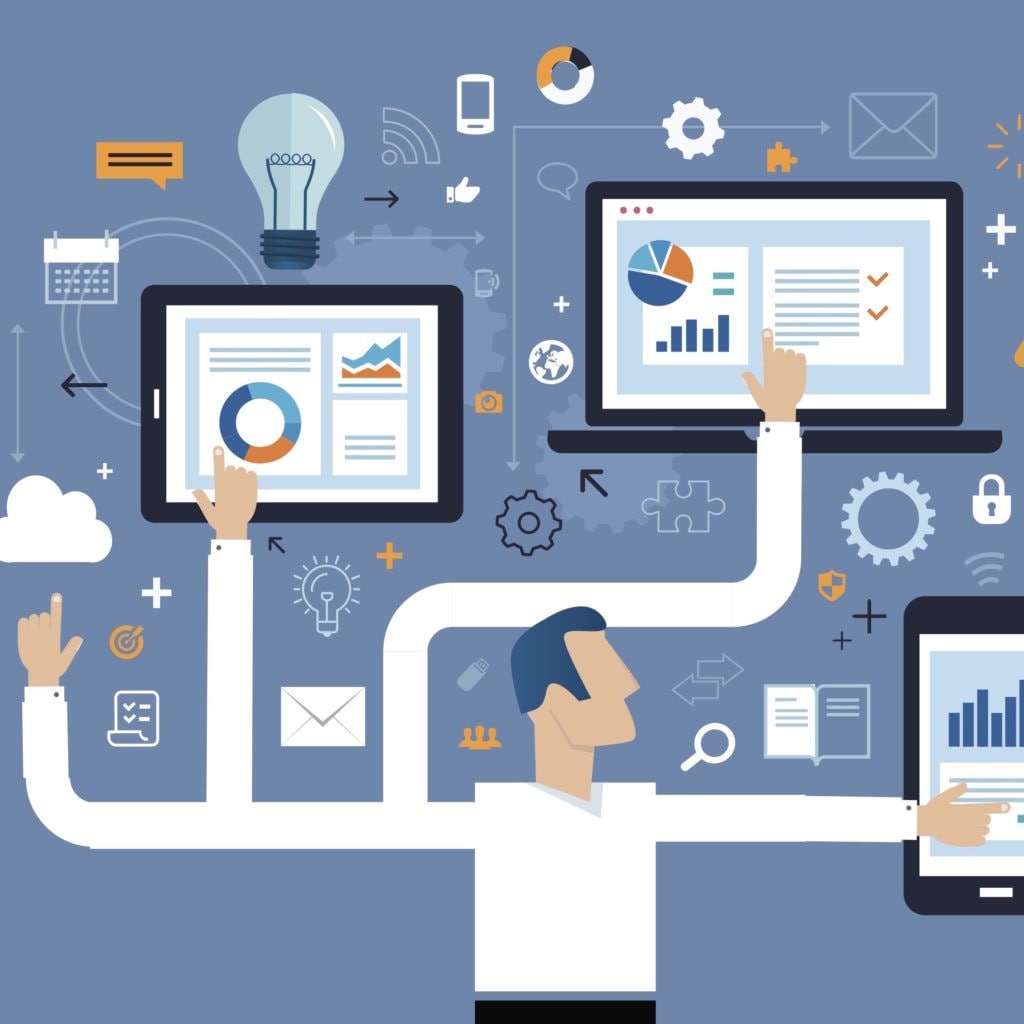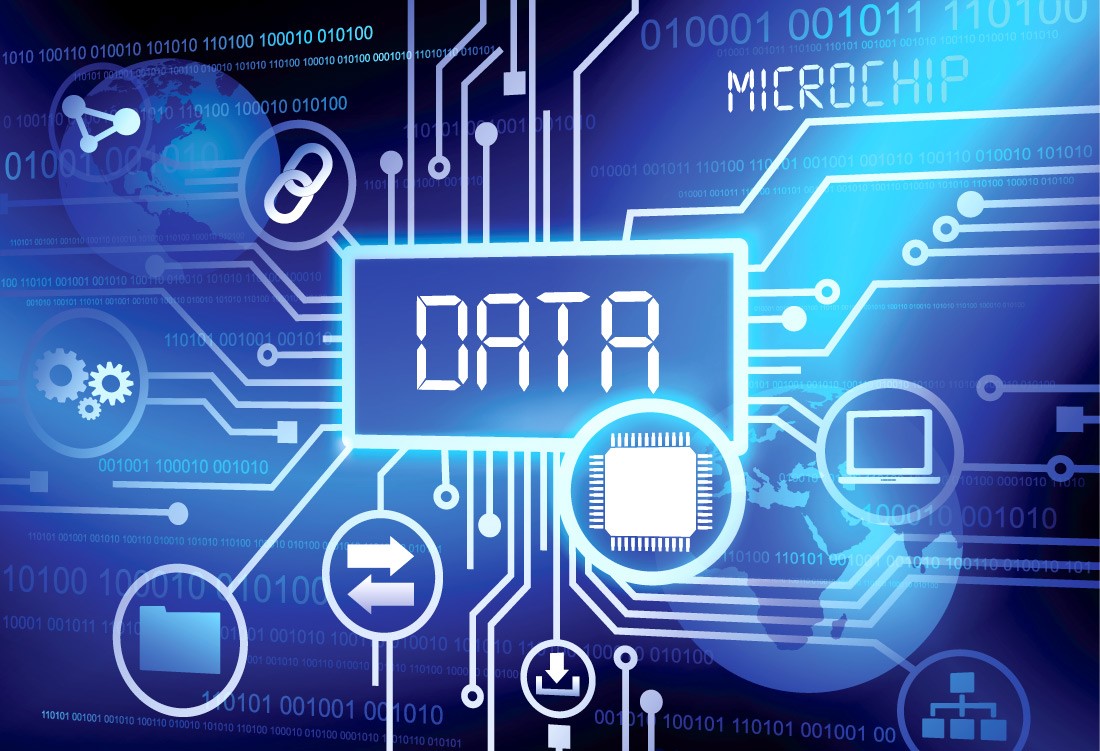Informatics in UX Discipline

Information is the key on which the majority of the platforms are based. The use of the data-centric approach to build online systems and solve a complex problem is based on the concept of informatics. To design a good IT user interface and offer a great experience, technology and interface need to be bought together based on the informatics.
Informatics is the study of the representation, processing, and communication of information in natural and engineered systems. It is usually used synonymously to mean information systems, information science, information theory, information engineering, information technology, information processing, or other theoretical or practical fields.
Informatics is one great way to save information and process to get suitable outputs. With application in almost all areas, informatics has proven to be one of the most crucial parts of technology. Taking into consideration the interaction between the information systems and the user, and even the interaction between two systems, informatics offers the key to every organisation to work in the effective manner.
Let us look at the brief details of informatics to know its applications and uses.
What is informatics? - A Brief Introduction.
A computational system relies on engineering, coding, inputs, and data to offer the output. From creating, storing, sharing, finding, manipulating, and analyzing information, informatics deals with the complete range of services required by the computer system to handle and utilize it.
Informatics is used in the context of data science, library science, business, and healthcare as well. The computer's pervasive presence in every other field has pushed the importance of technology in a positive direction, raising the importance of informatics to create a system that is vital for development.
By offering the manner to harness the important data and the use of the big-data, informatics offers benefits in various aspects like accelerated rate of scientific discovery, improved clinical decision-making, and the ability to promote healthy behaviours at a population level.
The main set of skills that are required by a professional entering the field of the informatics design are:
- Big data analytics and management
- Human-centred design
- Electronic records management
- Digital assets management
- Information security and governance
- Project management skills
- interpersonal skills
- Design and workflow process skills
- Budgeting and Financing
Based on the skills that are required to be in the field of informatics, the job profiles and the nature of the work are described below:
- In designing the technology using the user-centric design, information, data, and offering solutions that makes the technical application easier and smoother.
- To develop the programs that are focused on offering a higher degree of data safety and security, ensuring better performance and reliability.
- To develop a system that helps the users to gain assurance in respect to privacy and ethics, that builds the trust of the customers in the long-run.
- The user needs change with time, and informatics work to fulfil those needs by creating new prototypes, trying them, and finally launching them for the end-user.
- Record keeping is one of the key tasks for any business or profession. The informatics offers record-keeping services that help users develop, manage, and evaluate electronic records smoothly.
- Data collection, visualization, and adaptation analysis are one key aspect of informatics.
Informatics is the fundamental science linked to all aspects of data processing, communicating, storing, and linking the user and system. It is an emerging science that provides a base for the study of organisation and process in biological and cognitive systems.
An Example of Everyday informatics.
The applicability of informatics ranges to a wide network of fields. From business to healthcare, every industry employs the concept of informatics to get things done smoothly and ensure effectiveness and efficiency. The best example of informatics in everyday life is in the field of healthcare.
Healthcare informatics is the interdisciplinary field that uses Information Technology (IT) systematic applications to healthcare delivery. The field is linked to the use of problem-solving, decision making, and assuring the highest quality healthcare in all basic and applied areas of the biomedical sciences.
The main benefits of healthcare informatics are:
- Cost reduction by minimizing medical errors, patient recording, and various other aspects, it helps to improve the overall functioning.
- An increased level of specialization demands better coordination and facilitates better patient care, which is key to offering better service.
- The medical data of the patients and the hospital need to be stored for a long duration. The informatics design offers a better and enhanced managing of the data.
- Allowing the patients the electronics access to the information and data offers them greater leverage and patient empowerment.
- Automating manual jobs reduces the chances of errors that improve the overall outcomes.
- Patient privacy is important, and the use of informatics secures the data and ensures a greater degree of confidentiality.
Common Uses for informatics.
Informatics is growing to be one of the most important disciplines and sectors of study. It handles all the information securely and offers greater and reliable analysis; it also helps to practically implement the data. The most common uses of informatics are in the field of business, healthcare, museum, research, social, sports, behavioural, and various others.
The common uses of informatics are:
- In business informatics, a combination of the economics, economics of digitization, business administration, information technology and offer insights to the business for better performance.
- On the online platforms, gather and analyze the customers' data and offer them the customized solution to suit their needs.
- In medical informatics, to record patient data, offer detailed information to doctors, and allow the easy recording of past data for smooth functioning.
- In the research sector, informatics help analyze the existing records, compare them, and draw references to apply better.
- In the field of irrigation informatics, to offer the library of information that uses the technology and information related to the field of agriculture.
The trends of the informatics that make it the technology of tomorrow are:
- Speech Recognition Software
- Personalized Healthcare
- Predictive, Prescriptive and Cognitive Analytics
- 3D Printing

The relationships between informatics and UX.
Better knowledge and use of the data offers a higher degree of customer experience. A technology is developed with the sole aim of offering a better user experience. the main points that explain the relationship between informatics and UX are:
- Better informatics offers easy access to the information at any time has surely enhanced the overall usability and acceptability.
- Secured data at once enhances the user experience by embedding computing in every device one uses.
- The availability of the data at any point and place improves the decision making capability of the user.
- The use of real-time data, especially in medicine, offers an enhanced and better experience to the patients and medical practitioners.
- The integrated and multidisciplinary approach links various aspects that help overcome the significant hurdles creating an overall better user experience.
Informatics has many aspects and encompasses several existing applications that offer a positive relationship between informatics and UX.
Conclusion
Informatics offers a wide range of challenges and opportunities. With the phase of time, there have been various technological breakthroughs that have helped streamline the working and lessen the overall burden. From business to medicine, the use of informatics has helped make informed decisions based on professional experience.
Offering a link between disciplines with methodologies and perspectives, bringing together a scientific paradigm, engineering methods and a pervasive stimulus from technological development and practical application, the multidisciplinary informatics design approach is progressive and widely applicable.
